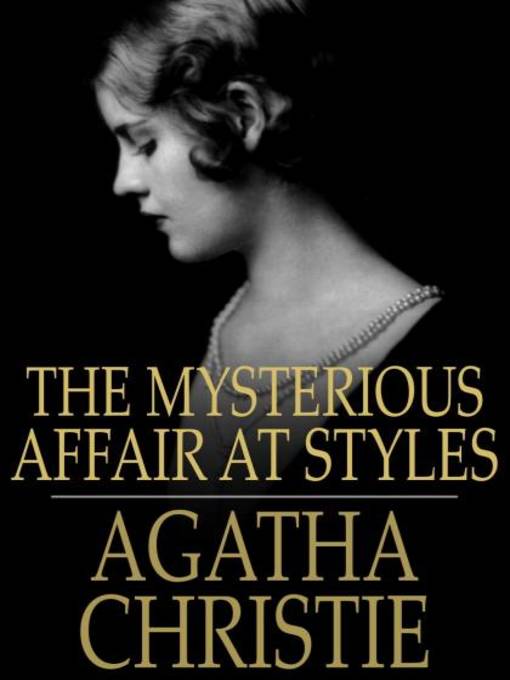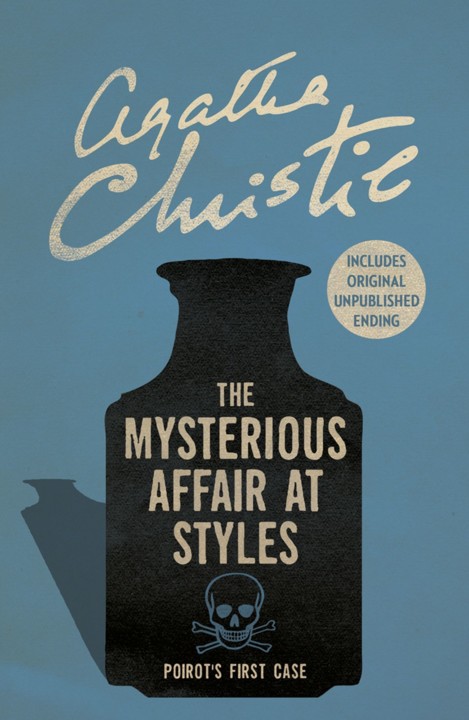
This need to see different events from alternative perspectives (especially from the perspectives of her suspects) meant that she increasingly favoured third person narration throughout her career. In And Then There Were None (1939), her most successful novel, and one in which none of her detectives appear, her third-person narrative moves fluidly between the perspectives of all of her characters. The presence of Chief Inspector Japp, a close "literary descendant" of Holmes's Inspector Lestrade, fleshed out Christie's adoption of the Holmes paradigm.Ĭhristie's experiments with first person narration, especially in The Murder of Roger Ackroyd, saw her attempt to expand the formal resources of the detective novel. There are even similarities of role: Hastings is Poirot's only close friend, and the two share a flat briefly when Poirot sets up his detective agency.

Both narrate in the first person, both are slow to see the significance of clues, and both therefore stand as a form of surrogate for the reader. Hastings appears to have been introduced by Christie in accordance with the model of Sherlock Holmes's sidekick, Doctor Watson, to whom he has a marked resemblance.

Moreover, when Christie expanded The Submarine Plans (1923) as The Incredible Theft (1937) she removed Hastings. He is not a character in either of the two best-known Poirot novels - Death on the Nile and Murder on the Orient Express - and of the fifteen Poirot novels published between 19 he appears in fewer than half. In Christie's original writings, however, Hastings is far less prominent.


Hastings is today strongly associated with Poirot, partly as a result of the fact that many of the early TV episodes " Agatha Christie's Poirot" were adaptations of the short stories, in most of which he appeared, or were stories into which he had been introduced in the course of adaptation (e.g.


 0 kommentar(er)
0 kommentar(er)
